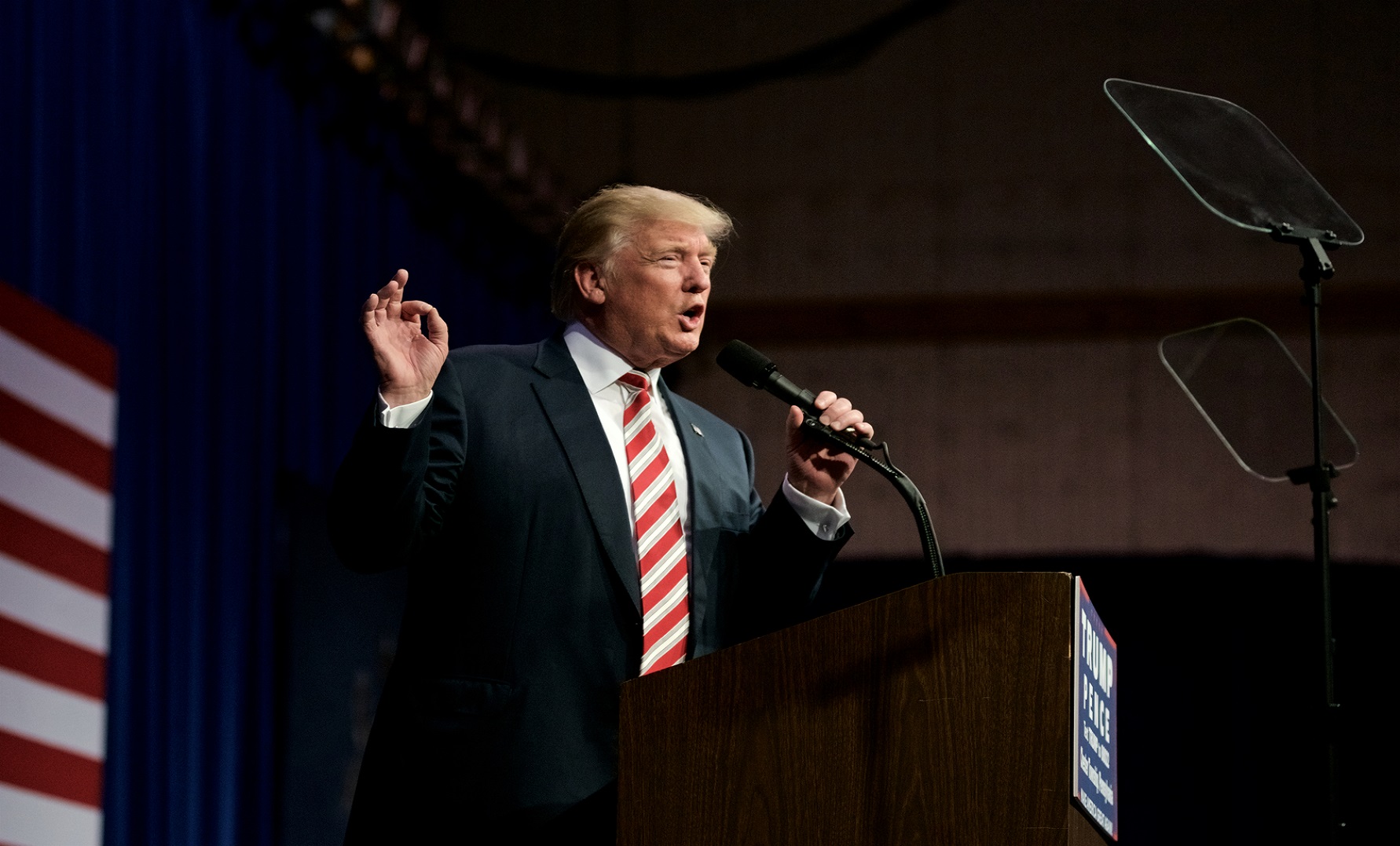Friday we published a blog addressing the industries that would benefit from President-elect Trump's campaign proposals. Today, we will focus on the groups who may be hurt by the changes.
Interest rates are headed higher. During his campaign Donald Trump stated that he would invest in our infrastructure and increase spending in the security of our nation, whether it is to secure our borders or improve our weaponry. He has also proposed lowering our taxes. Most economic models project a large increase in our deficit. The conservative
Tax Foundation projects an increase of between $2.6 and $3.9 trillion even after accounting for economic growth. More alarming, the debt to GDP ratio would surge to over 100%. (
Wall Street Journal) This means that the economy is not growing fast enough to support the growth in debt. Trump disputes this because he projects a larger increase in economic growth than the other economic models. Hopefully he is correct because economic growth is essential to achieve a decrease in our deficit with his tax and spending proposals.
Economic growth generates demand pull inflation. Investors require a higher yield on their investment during inflationary periods. After all you would probably not purchase a bond yielding 4% if the inflation rate is 5%. You would lose money when your return is adjusted for inflation. Higher interest rates push down the value of the underlying security. Watch our video to learn more about the relationship between bonds and interest rates.
Video - Bonds
Bond prices will drop when interest rates increase.
The 10 year Treasury Bond rate, a benchmark for bond investors, has increased 21.6% from a yield of 1.828% on November 7, (the day before the election) to 2.222% yesterday. This hurts the owner of the bond, but it may help people on a fixed income who have been waiting to buy CDs that pay more than 1%. Stocks in companies that rely on issuing a large amount of debt may suffer. These include utility companies, and partially explain why they did not fare as well following the large increase in the stock markets on Wednesday. For example,
Duke Power fell from $79.65 to $74.44 per share between November 8th and yesterday.
Manufacturing companies that rely on imported components may suffer in a Trump presidency if his policies discourage trade. This also includes companies who have outsourced their manufacturing. One of his objectives is to bring manufacturing jobs back to the United States. He plans to do this by charging large penalties to companies that move their construction overseas. This may explain why companies like Ford did not participate in the large increase in stock prices last Wednesday. Ford manufactures many of its cars in Mexico. Ford stock fell following the news of Trump's victory, but has since rebounded nicely.
Investors in renewable energy were hurt on Wednesday. The reasoning is Trump favors cutting regulations that have hurt the use of fossil fuel. He also favors opening up more federal lands. This will drive down the cost to produce fossil fuels, which in turn makes the development of renewable substitutes less economical. Economists call this the substitute effect. If the price of a
substitute (fossil fuels) decreases, the demand for its substitutes will decrease (renewable energy). Common shares in Vestas Wind System, a leading manufacturer of windmills, fell from a closing price of $25.68 the day prior to the election to a closing price of $20.81 yesterday.
Retailers like Wal-Mart may also be hit by an increase in their costs and an increase in their prices. Imported goods would cost more because of a tariff. Some of the cost increase would be passed through to consumers as higher prices. See our lesson
Supply and Demand – The Costs and Benefits of Restricting Supply. The lesson includes an analysis of tariffs, quotas, and licenses. It also includes a video and interactive exercises.
Companies that export goods may also suffer. Many companies may see their manufacturing costs increase. If manufacturing is moved back to the US, the company may face higher labor costs unless it can increase productivity. Companies that continue to
outsource production will be hit with penalties if President-elect Trump follows through with his campaign threats. I am also concerned that countries suffering a reduction in exports to the US may retaliate to protect their workers by imposing a tariff of their own on goods manufactured in the United States.
Change is inevitable, and our leadership will be dealing with some very complicated issues. Of course, agreements need to be negotiated and the final changes will differ from the proposed ones. The economy must grow to support our way of life, but where it grows will determine the winners and losers under a Trump presidency.
Please share this blog with any economics teachers and students who could benefit from our analysis or our free economics lessons.
